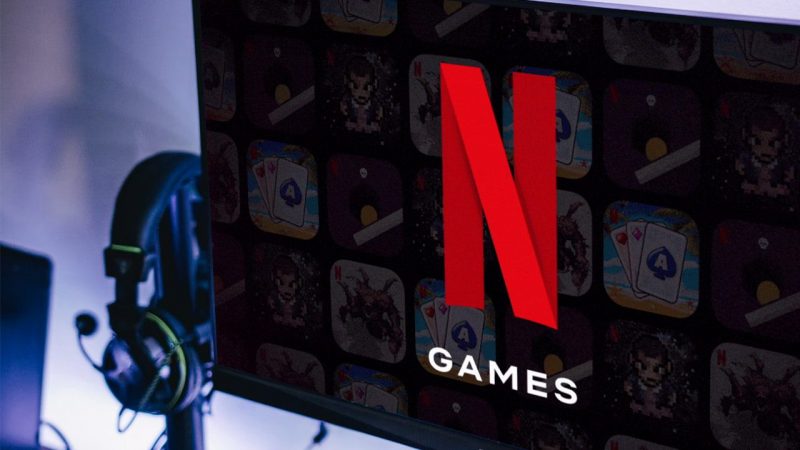As promised earlier this year, Netflix has got into online gaming. Last week, the TV entertainment company launched its first games – half a dozen titles, a couple based around its Stranger Things franchise. These are initially mobile games for Android devices and are included in the monthly subscription fee for the core content of movies and TV shows.
Netflix is fighting for consumer attention and not just against other streaming services but against anything that takes a share of your time; Spotify, Peloton, TikTok, Xbox. Netflix has been aware of this competitive dynamic for some time, citing Fortnite as a competitor for its customers’ attention back in 2019.
Cross-leveraging video and gaming content is not a new phenomenon, but equally, this genre hopping has not happened successfully on too many occasions. To invest in both original TV content and original active games content means two huge budgets, and two different skill sets. There’s a market logic to it, but it’s a tall order to become commercially successful in both – just ask Amazon.
Boosting the value of a monthly subscription makes strategic sense. There are a lot of subscription services in the market, and for all of Netflix’s talk about share of its customers’ time, it also must be thinking about its share of monthly expenditure on subscriptions. In the UK, consumers spend on average just under £50/month on subscription services, excluding utility and communications bills [1]. In the USA, households spend an average of $273/month (c.£200) on subscription services [2]. This has increased by 15% in three years and is equally responsible for driving lateral thinking by Netflix and its market peers.
Bango technology is used to offer Netflix, Amazon, Xbox and many other subscriptions across the world. The desire to offer customers more value is one of the vectors we see driving subscription competition today. Partnerships is the other, as more subscribers sign-up through bundled offers every year. Within a few years, the majority of new customer acquisition will be generated from bundled offers, meaning distribution and content will define the future for these OTT giants.
[1] https://www.thesun.co.uk/news/12476194/average-brit-spends-per-year-subscriptions/
[2] https://www.msn.com/en-us/news/world/youre-likely-spending-more-on-subscriptions-than-you-realize/vp-AAQ447O


